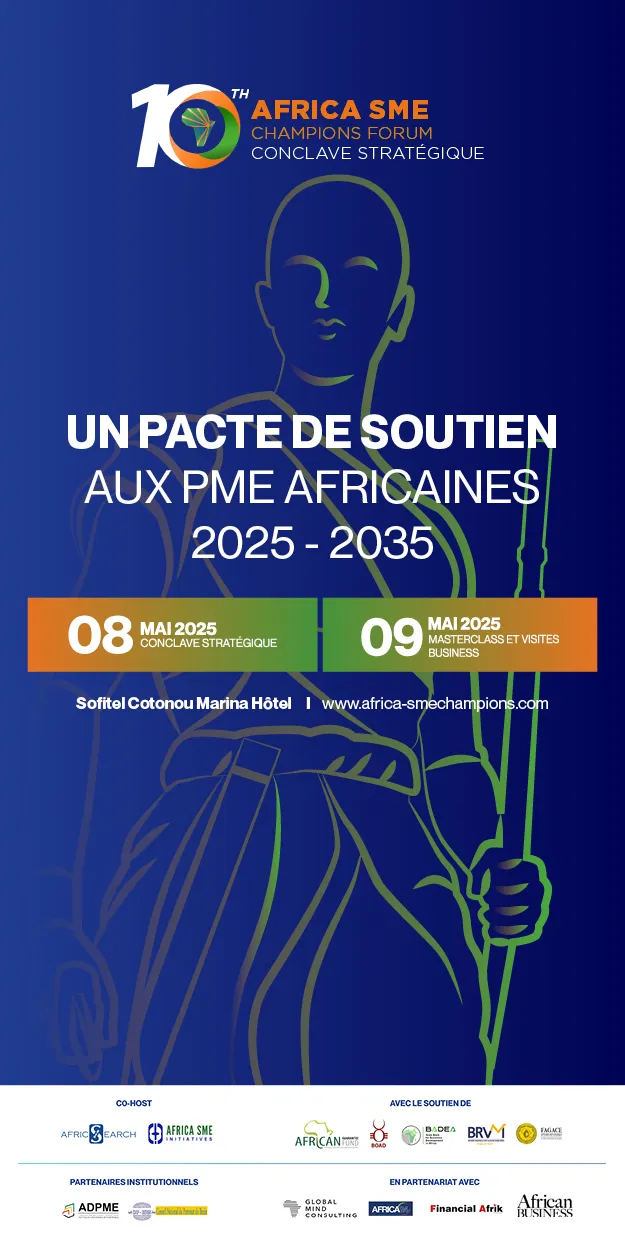Tackling the problems head on
For most observers, the government does not need a national forum to tackle the challenges the country faces. The choices involved are dire and are politically suicidal but if the economic
difficulties have to end, then some of these hard choices have to be taken.
The root cause of the problem is fiscal indiscipline and this is a view shared by the New Patriotic Party, the country’s main opposition party. The party, through its Minority Caucus in the nation’s legislature, attributes the hard times the nation is currently going through to the government’s failure to stick to its own fiscal consolidation efforts outlined in the 2013 budget.
“The combined effect of the uncontrolled borrowing, most of which was not supported by proper due diligence, the irresponsible spending, including the unprecedented, humongous overexpenditure, coupled with high inflation, is the lamentable weakening of the cedi to the levels we are seeing now. It is a matter of fiscal indiscipline and economic mismanagement,” it said. Herein lie the bitter pills that the nation must collectively endure in order to restore economic comfort – reductions in expenditure and borrowing.
Ghana’s debt-to-GDP ratio is forecast to reach 51.2% by the end of 2014, inching dangerously close to the 60% mark allowed for a lower-middle-income country like Ghana
The IMF, which has had cause to caution government on its expenditure, has said “rising debt levels could endanger government’s transformation agenda. A ballooning wage bill, if untamed, will bring debt to levels that could endanger the government’s transformation agenda”.
In a recent press briefing, Ms Christina Daseking, leader of the IMF mission to Ghana, observed “successful economic transformation will require a realignment of spending, away from wages and subsidies toward infrastructure investment”. Among other measures, the fund also advises that government undertakes a thorough audit of its payroll to clear out ghost names and sanitise the payroll.
Outlook
Considering the immensity of the challenges at hand, the best Ghana could hope for is not to slide into recession. Reports of the nation seeking help from the IMF and the World Bank are rife, although government functionaries are quick to dismiss these claims. The good news is that the country will continue to see some form of growth even in the midst of all the problems.
The World Bank, for instance, says that the country’s growth for the year 2014 is expected to remain at the 2013 rate of 5.5%. Long-term prospects look good as the economy is expected to pick up in 2016 – barring any macroeconomic instability – buoyed by the production of gas and the exploration of the country’s new oil fields,
The IMF thinks growth for 2014 could be higher in spite of the challenges. “While activities in the non-oil sector would be dampened by energy disruptions and high interest rates, increased oil production should keep overall economic growth close to 8%,” Ms Daseking said at the press briefing.
Despite current challenges, Ghana remains one of the best places to do business and if government could capitalise on this open and free environment to attract increased volumes of FDI above the current levels of $3.3bn per annum, the economy could regain its footing.
Indeed, Ghana’s score of 64.2 on the 2014 Index of Economic Freedom, an annual guide published by the Wall Street Journal and the Heritage Foundation of Washington, makes its economy the world’s 66th most free.
The nation is ranked 5th out of 46 countries in sub-Saharan Africa and its overall score is above the world average. This should stand the country in good stead and help attract increased investor interest if government could just put its house in order as far as fiscal discipline is concerned.
Meanwhile, the great and the good of economic punditry and execution have finished a four-day forum on the way forward. After the empty bottles of water have been cleared away and the last cross-country vehicles have left the plush resort in Akosombo, questions will remain as to whether it had been an exercise in expensive futility.
The Ghanaian people will be keen to see if any of the recommendations from the forum are implemented.
Want to continue reading? Subscribe today.
You've read all your free articles for this month! Subscribe now to enjoy full access to our content.
Digital Monthly
£8.00 / month
Receive full unlimited access to our articles, opinions, podcasts and more.
Digital Yearly
£70.00 / year
Our best value offer - save £26 and gain access to all of our digital content for an entire year!

 Sign in with Google
Sign in with Google 





